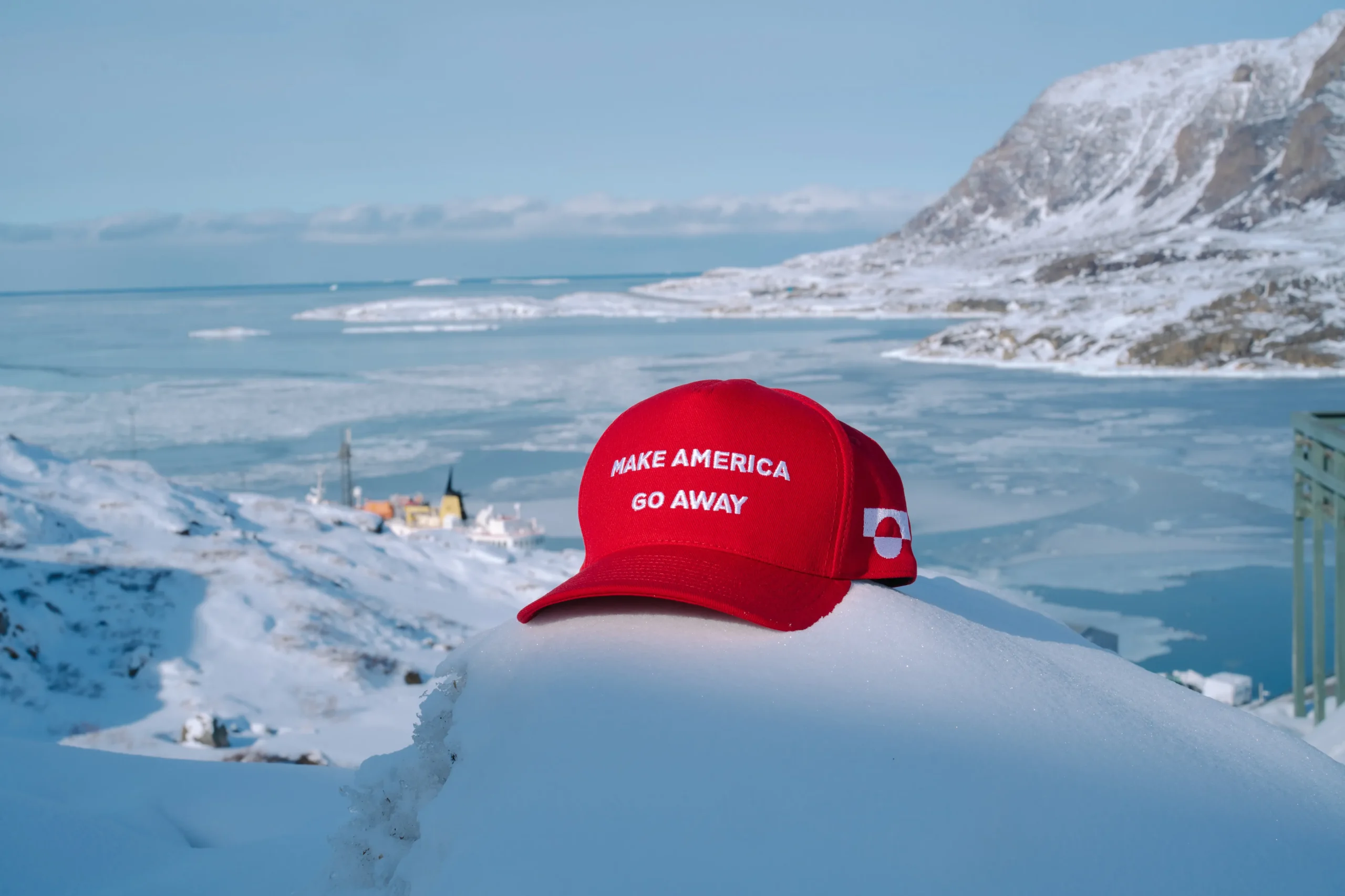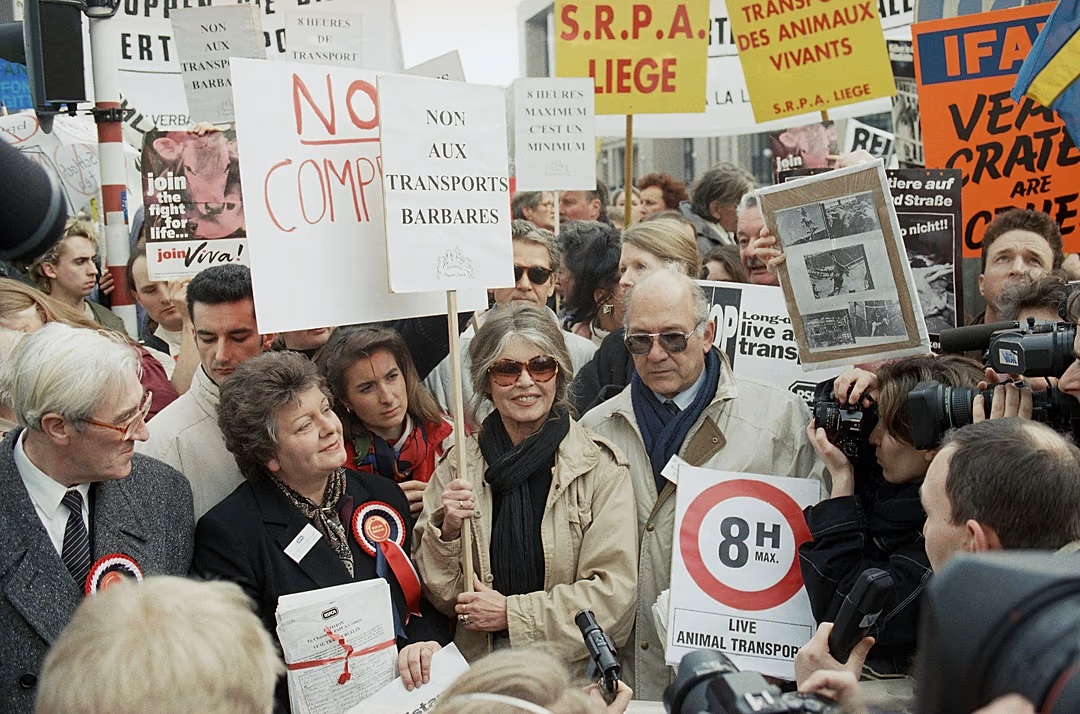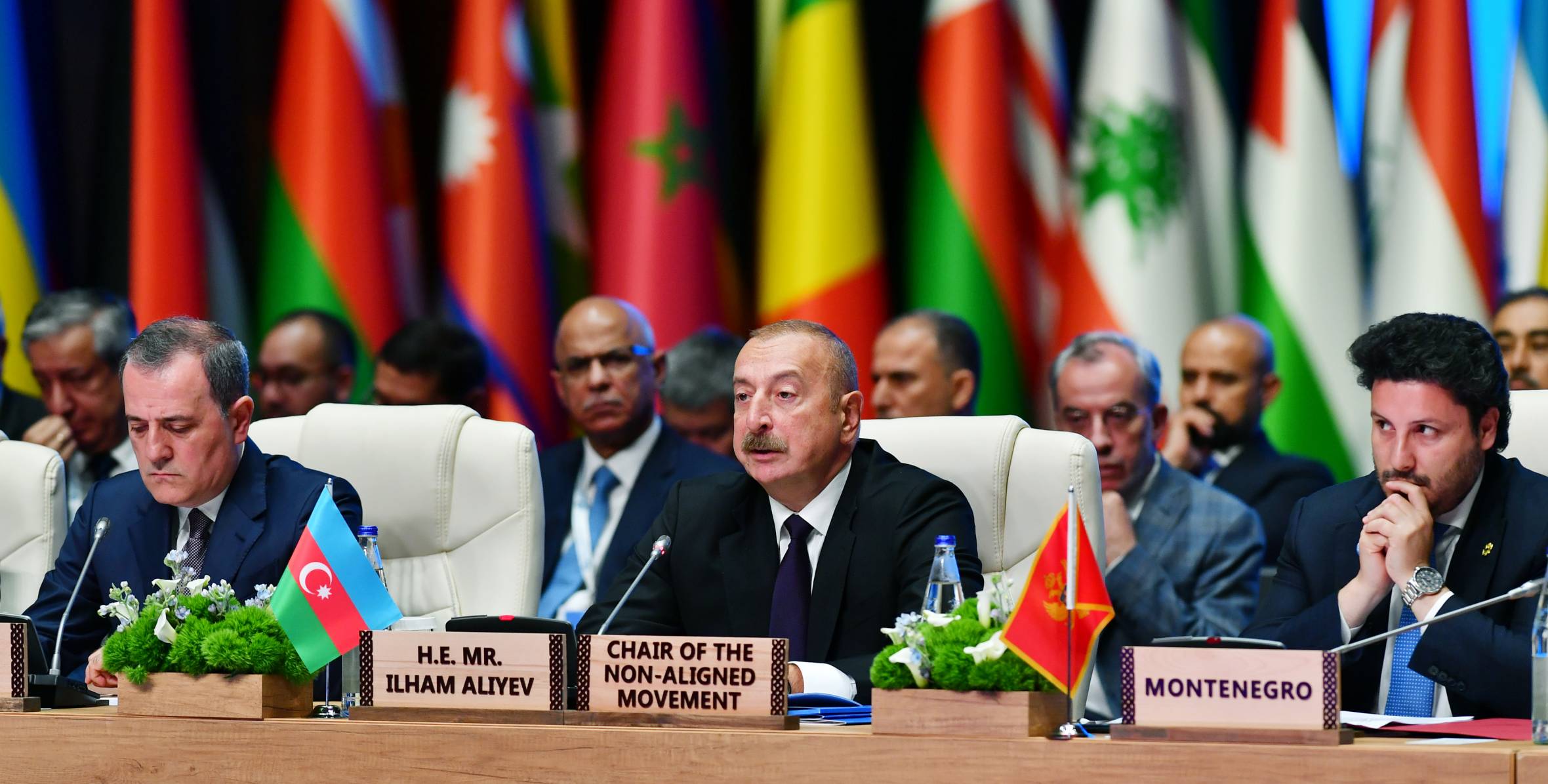
Several world leaders, from the Israeli to the Pakistani prime ministers, nominated U.S. President Donald Trump for the world’s most prestigious Nobel Peace Prize this year. Having brokered agreements that reshaped political realities in the Middle East and the South Caucasus, many observers expected Trump to be honoured for his role in advancing regional stability. Yet, the Nobel Committee took a different course. Were they right, or not?
By Farid Shukurlu
The Nobel Peace Prize has long stood as a global symbol of recognition for those who have made significant contributions to peace. Despite being nominated by numerous world leaders, the Nobel Committee instead awarded this year’s prize to Venezuelan opposition figure María Corina Machado for her advocacy of democratic rights and a peaceful political transition in Venezuela.
The decision sparked disappointment within the “MAGA” movement, as many praised Trump for his diplomatic achievements that redefined political dynamics in the Middle East and the South Caucasus.
Following the announcement, the White House released a bold statement emphasising President Trump’s accomplishments in ending eight international conflicts. The statement highlighted his administration’s proactive engagement in global peace efforts under the America First Doctrine.
The official White House social media channels praised Trump’s “heart of a humanitarian” and his determination to “move mountains” to end wars and save lives — an implicit rebuke of the Nobel Committee for placing politics above peace.
Abraham Accords
One of Trump’s hallmark achievements was the Abraham Accords, which ushered in a new era of cooperation in the Middle East. Initiated in 2020, these agreements normalised relations between Israel and several Arab states, setting the stage for broader regional integration. The continuation and potential expansion of these accords are expected to be a cornerstone of Trump’s second term, which is scheduled to begin in 2025.
Trump has expressed optimism about extending the Accords to include additional partners, particularly Saudi Arabia, which could further transform Middle Eastern geopolitics and consolidate a wider peace framework. Analysts suggest that the inclusion of countries such as Azerbaijan, Armenia, and Kazakhstan is also under consideration — part of a proposed “eastern expansion” championed by Trump and his adviser Steve Witkoff.
The recent hostage-release agreement in the Hamas–Israel conflict also bears the imprint of pressure from the Trump Administration. The twenty-point ceasefire plan seeks to ensure regional stability and facilitate the exchange of the remains of Israeli hostages kidnapped by Hamas and other terrorist groups in Gaza.
While challenges remain in its implementation — particularly as Hamas continues public executions and refuses to disarm — Trump issued a stern warning that if Hamas did not halt civilian killings, the United States would act decisively. This ceasefire deal stands as the only viable framework agreed upon since the 7 October terrorist attacks.
Azerbaijan vs Armenia
Another landmark achievement strengthening Trump’s peace credentials is his mediation in the peace initiative between Azerbaijan and Armenia. The Washington Agreement, brokered under Trump’s auspices, helped end the decades-long Karabakh conflict following Azerbaijan’s decisive victories in 2020 and 2023.
The accord includes innovative infrastructure cooperation through the “Trump Route for International Peace and Prosperity” — a corridor linking mainland Azerbaijan with its Nakhchivan exclave via Armenian territory. This project is designed to promote connectivity, trade, and regional integration, further underscoring Trump’s contribution to fostering long-term stability in a historically volatile region.
When Barack Obama won the Nobel Peace Prize after giving an overrated speech at Cairo University just weeks after taking office, he was later criticised for supporting the Muslim Brotherhood’s rise in Egypt and for overseeing military operations across the Middle East. Despite limited achievements in advancing peace, Obama was honoured early in his presidency.
In contrast, Trump’s tangible efforts to promote reconciliation — from the Balkans to South Asia and the South Caucasus — have gone unrecognised by the same honourable Committee.
Nonetheless, recognition has not entirely eluded him. President Isaac Herzog of Israel is set to award Trump the Presidential “Medal of Honour” for his efforts to secure the release of Israeli hostages. At the same time, Israeli Prime Minister Benjamin Netanyahu has gifted him a golden dove symbolising his role as a peacemaker in the region.
With Saudi Arabia poised to join the Abraham Accords, Trump’s vision of ending ancient enmities between Jews and Arabs appears within reach. In his pursuit of peace between the sons of Abraham, he continues to shape a new Middle East where coexistence, once a dream, is becoming a reality.





